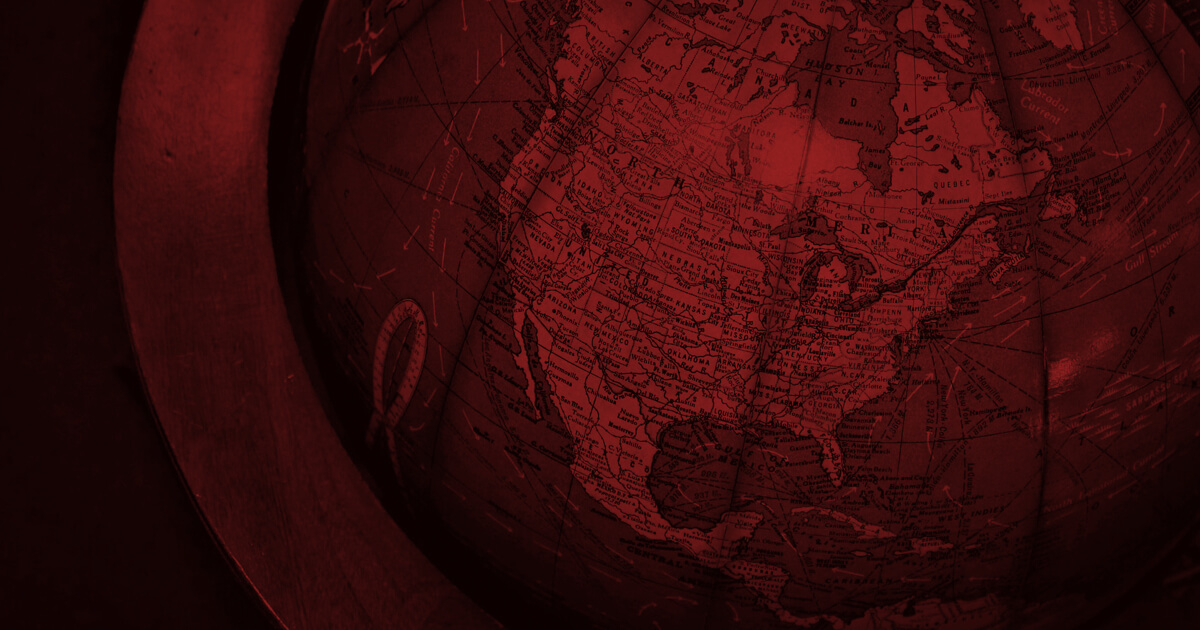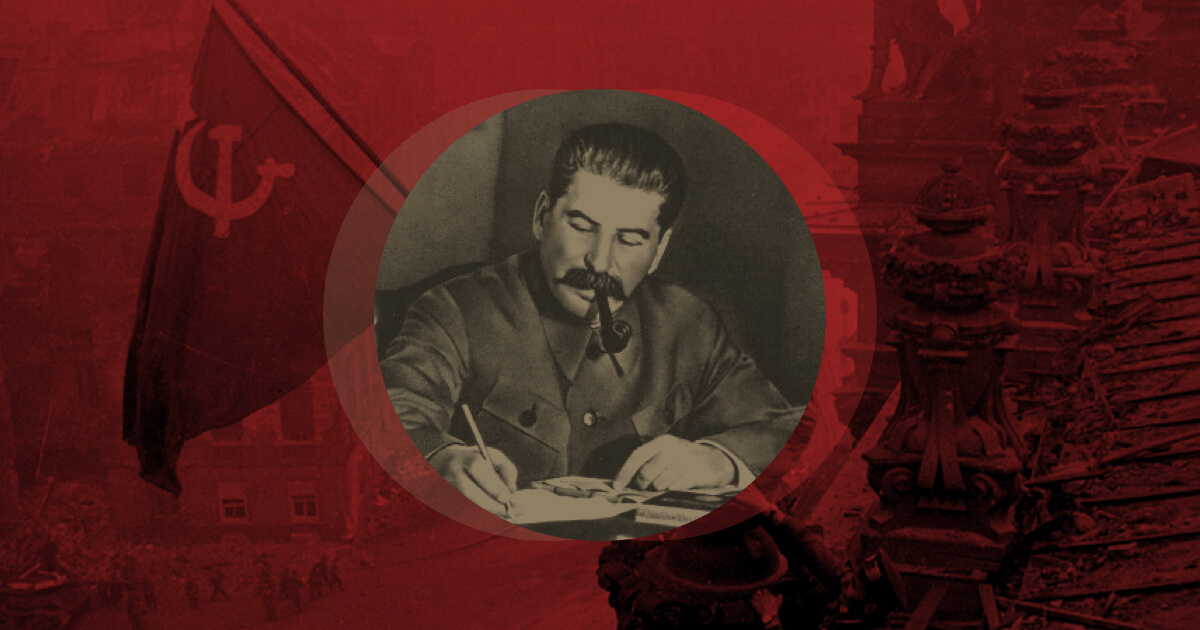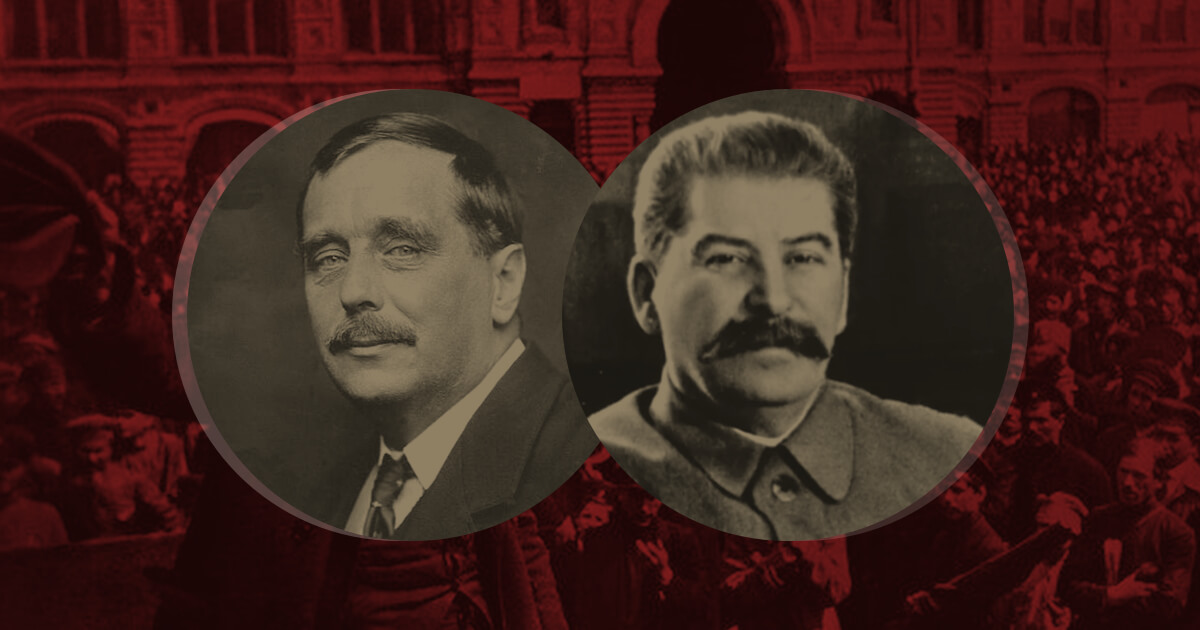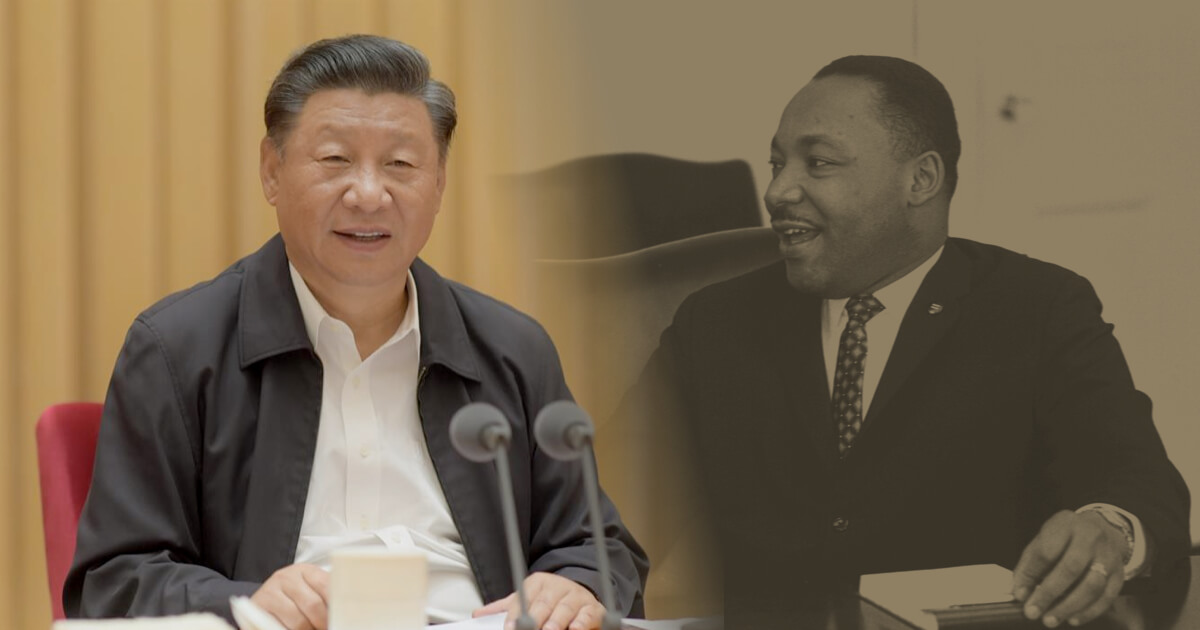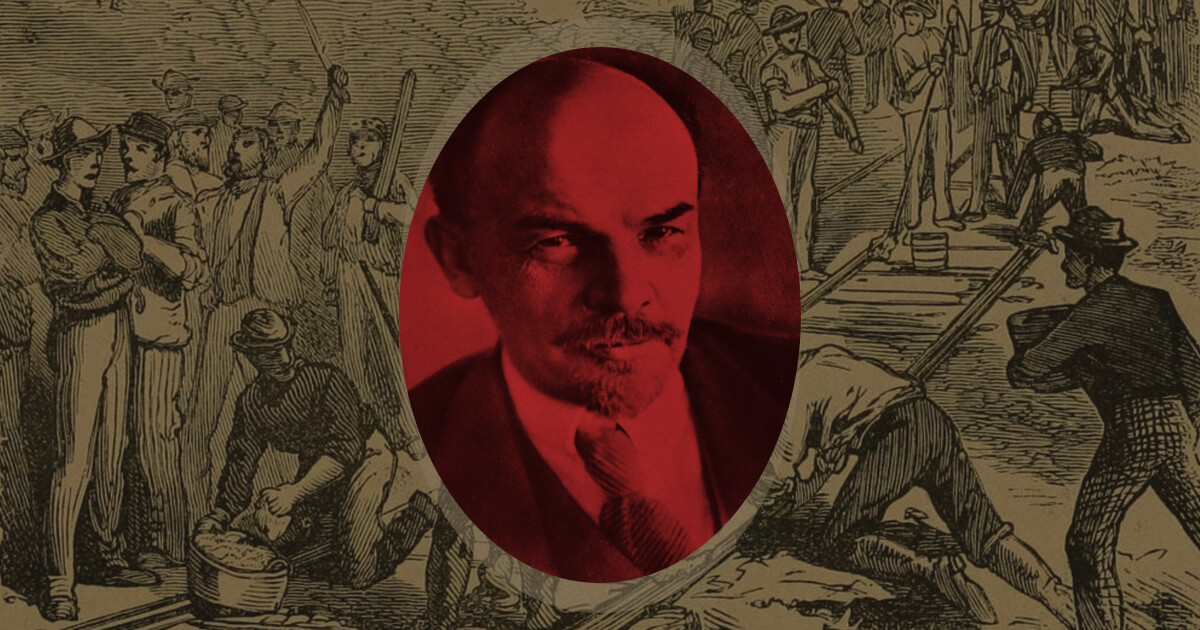1
During the Middle Ages and early modern period, the West occupied a marginal position in the world-system. In the Middle East, China, Japan and India, productive forces were equally or more developed. The emergence of capitalism in Europe was driven by intensifying class antagonisms between the feudal ruling classes and peasants and artisans, which resulted in the victory of the latter. Similar conflicts in China, Japan, India and the Middle East could not create a bourgeois rupture due to the entrenched power of landed elites and state bureaucracies, which discouraged merchants and craftspeople from investing in the development of the means of production. In contrast, the relative economic backwardness of northwest Europe gave rise to a fragmented and decentralized political superstructure, which aided the maturation of capitalist tendencies more than in the rest of Eurasia. The economic power that Western Europeans gained from capitalist growth was used to block indigenous capitalist tendencies throughout the globe.
2
Early capitalism’s foreign intrusions into pre-capitalist structures took place in the framework of the mercantilist system of Atlantic Europe. Colonialism, the slave trade and the plantation-slave system directed by the mercantilist state established politico-economic superiority over the non-European world, thus facilitating capital accumulation. The profits earned by the great trading chartered companies of mercantile capitalism fueled the formation of industrial capitalism, which signified a shift from dominance over trade to control of industrial manufacturing. Consequently, the non-European countries came be to treated as a source of raw material and as a dumping ground for finished commodities. This contrast between the industrialized centers and the peripheries that were denied industrialization was reproduced through a change in the dynamics of capitalist competition.
3
Capitalism invariably proceeds in the direction of a constant fall in prices because of a constant rise in production and a constant increase in the number of enterprises. With the progressive sharpening of competition, there arrives a historical moment characterized by the aggregation of different individual capitals. This tendential movement toward the concentration and centralization of enterprises displaced the era of free competitive capitalism at the beginning of the last quarter of the 19th century, thus birthing an economy dominated by an industrial-financial oligarchy organized into a military-industrial complex. The division between monopoly and non-monopoly firms corresponds to the division between First and Third World societies.
4
Monopoly can only redistribute the total surplus value available to capital as a whole, which is determined by the total magnitude of socially necessary labour carried out beyond that necessary to provide for workers’ consumption. This capacity of monopoly capital to appropriate extra surplus-value (i.e. that above the average rate) is essentially determined by the degree of domination in the labour process. Such dominance is ensured by the continuous development of advanced means of production and advanced skilled, scientific and technical labour. In “Imperialism and the Development Myth,” Sam King writes that the “the complexity and scale of the production process has reached such a high degree that meeting its needs and developing it further requires such a scale of resources that it can only be advanced under the leadership of one institution: the highest and most powerful institution of capitalist imperialism, the imperialist state.”
5
The Global North’s monopoly over the labour process has built a hierarchical and polarized world division of labour, in which the Global South specializes in the simplest primary/productive activities. A model of export extractivism has been established, in which the rent derived by the comprador elites from property in natural resources has greater relevance than the profits from industrial investment. Moving up the value chain to a position alongside that of core capitalist countries entails bringing an end to the imperialist division of labour and freeing humanity’s accumulated social achievements from monopoly control. Such anti-imperialist efforts were undertaken by the post-WWII national liberation movements, which adopted Third World internationalism to break the autonomous power of imperialist capital over politics, production, and distribution. However, those attempts faced many difficulties. Overcoming the global division of labour implies the development of highly skilled labour, which can be done only through the general social development of the entire country. The generation of such social capacity can’t be accomplished merely through the expropriation and nationalization of private property; it requires vigorous human development in a historical context dominated by the imperialist monopolization of scientific knowledge.
6
In the current conjuncture, imperialist capitalism is being upheld by USA, Europe, and Japan, which possess monopolies over advanced technologies, natural resources, global financial systems, communications, and arms of mass destruction. Geopolitical challenges to these monopolies are rising. In China, the establishment of the dictatorship of the proletariat – involving the crucial role of a strong planning system – has allowed the country to keep hold of a sizeable chunk of overall surplus value and to create partnerships with multinationals that enable it to acquire modern technology. In Russia, far-reaching structural tensions with the US are highlighting the contradiction between external opposition to imperialism and an internal regime based on Western-allied comprador oligarchy. Thus, there is a possibility that growing Global North hostility – in the form of financial sanctions – will force sections of the Russian bourgeoisie to move toward a form of state capitalism. The consolidation of a Sino-Russian bloc, in addition to radical reverberations in Latin America and other Third World regions, can facilitate the multipolarization of the world order and create openings for socialist transitions.
Republished with permission from Midwestern Marx; originally published at Orinoco Tribune.
